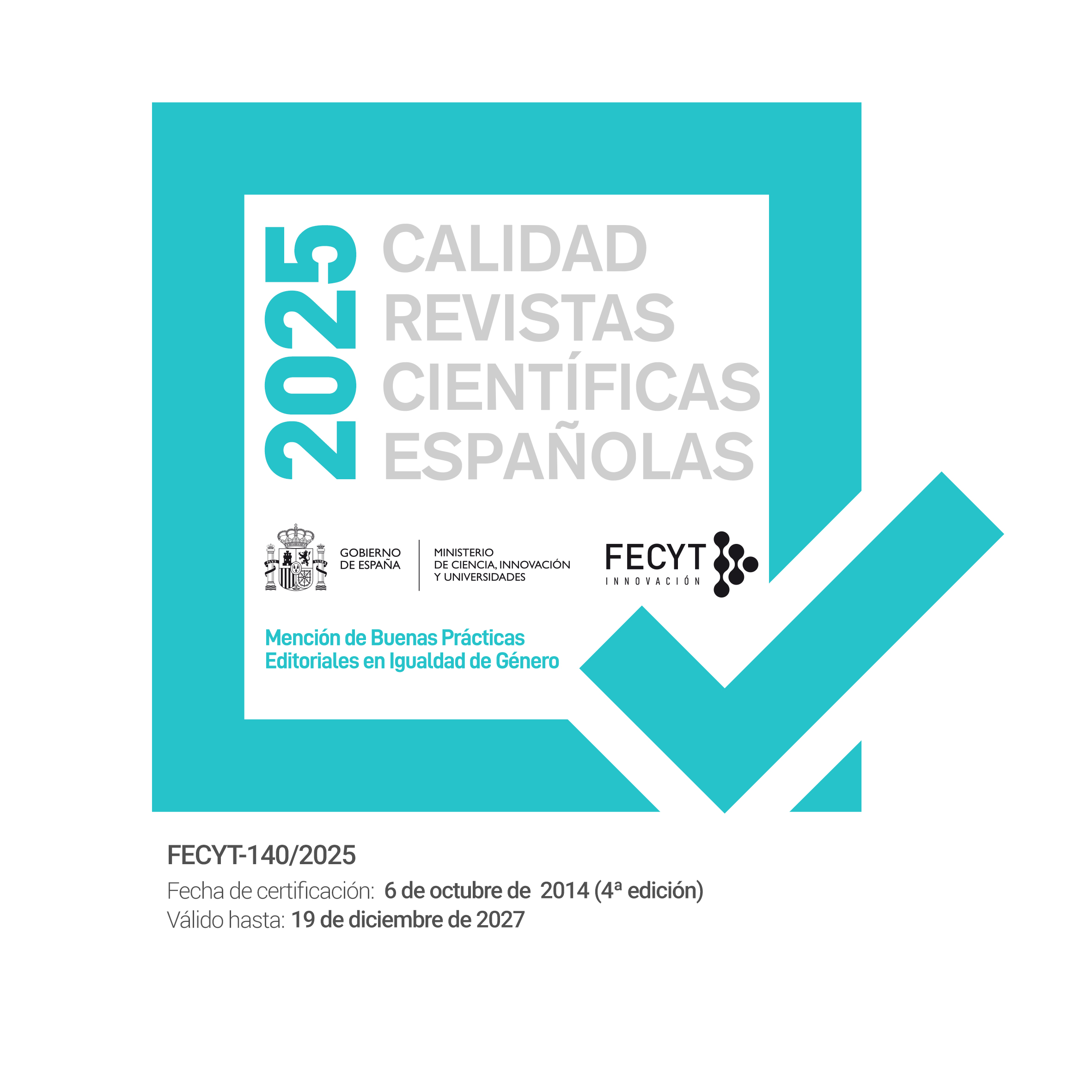THE RASCH APPROACH TO "OBJECTIVE MEASUREMENT' m THE PRESENCE OF SUBJECTIVE EVALUATION FROM "JUDGES"
DOI:
https://doi.org/10.5944/educxx1.9.0.321Resumen
Algunas de las actividades humanas -deporte, educación, economía, investigación, desarrollo profesional, alimentación- requieren la participación de jueces en la evaluación de aspectos que son difíciles de medir de forma directa. Como estas evaluaciones pueden tener consecuencias relevantes para los sujetos examinados, es necesario investigar la máxima objetividad del proceso evaluador. El modelo de Rasch es el único procedimiento estadístico que asegura la medición objetiva, incluso en el proceso evaluador de jueces. Este artículo repasa la teoría del modelo de Rasch y propone una aplicación de datos relativos a la evaluación de proyectos financiados. Se examinan también las alteraciones significativas que se detectan cuando se emplean los modelos de las mediciones de Rasch.
ABSTRACT
A variety of human activities - sport, education, finance, research, professional development, feeding - require the participation of judges in order to evalúate aspects that are difficult to be measured directly. As this evaluations may have important consequences on the examined subjects, it is necessary to research the máximum objectivity in the evaluation process. The Rasch model is the unique statistical model that assures the construction of objective measurements, even in the presence of judges evaluations. This paper reviews Rasch models theory and proposes an application to data concerning the evaluation of projects presented for a funding competition. The serious alterations that arise from the use of the rough scores instead of the
Rasch measures are explored.
Descargas
Descargas
Cómo citar
Número
Sección
Licencia
La revista Educación XX1 se publica bajo licencia Creative Commons Reconocimiento-NoComerciaL 4.0 (CC BY-NC 4.0). Se permite la generación de obras derivadas siempre que no se haga un uso comercial. Tampoco se puede utilizar la obra original con finalidades comerciales.










